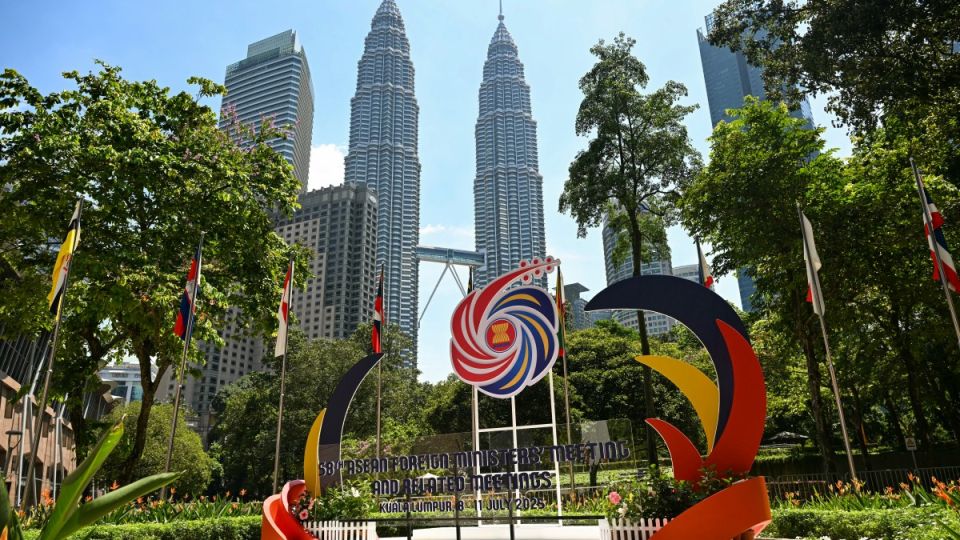July 17, 2025
MANILA – Top business executives in the Association of Southeast Asian Nations (Asean) are eyeing further investments in artificial intelligence (AI) to fuel their operations in the digital age, according to a study.
Based on a study by the IBM Institute for Business Value released Tuesday, about 2,000 chief executive officers (CEOS) in the global market, including 210 CEOs in Asean, see AI investments to “more than double in the next two years.”
This, despite setbacks—such as diverse government policies—affecting businesses’ digital transformation journey, IBM Consulting (Asean) managing partner Abraham Thomas said.
“Business leaders in Asean are under pressure to demonstrate ROI (return on investment) from AI while needing to invest in long-term capabilities to stay competitive,” he said.
“This balancing act is made even more complex by the region’s fragmented digital landscape, with varying national regulations and inconsistent standards for cross-border data flow,” he added.
READ: Asean Foundation hosts first regional forum for AI innovation
Return on investment
Zooming in on the Philippines, 55 percent of local CEOs were keen on adopting AI agents and preparing to launch them at scale.
The study also found that 63 percent of them prioritize AI use cases, or practical applications, based on ROI. But only 23 percent of the local respondents have so far realized ROI.
Although IBM noted a possible “mismatch between investment priorities and results realized,” 60 percent of the respondents in the Philippines still lean on going “fast and wrong” rather than “right and slow” in embracing technologies.
READ: Marcos: Equip Asean youth with digital resilience in tech-driven world
Sixty-five percent of the Philippine respondents, however, hope for “more budget flexibility” to fund their digital shift.
“As Philippine organizations accelerate AI adoption in order to stay ahead in a dynamic market, their success to unlock real business value from their investments will hinge on overcoming challenges in data integration and workforce readiness,” the official said. /dda
READ: Filipino workers seen most at risk of AI takeover in Asean


